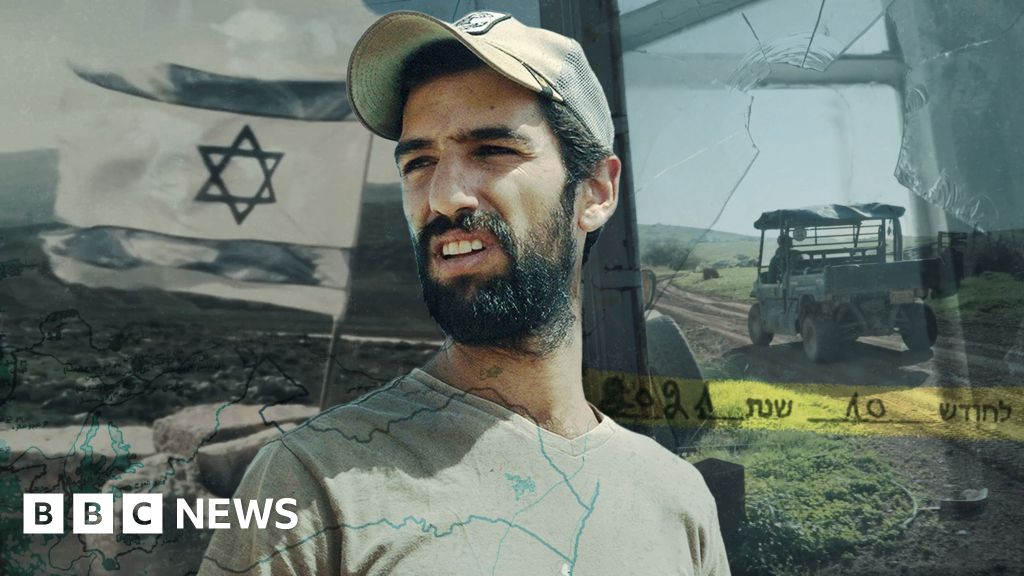Last October, Ayesha Shtayyeh, a Palestinian grandmother, recounted to the BBC how a man pointed a gun at her head and forced her to leave the place she had called home for 50 years. This incident marked the climax of a series of harassment and intimidation that began in 2021, after an illegal settler outpost was established near her home in the occupied West Bank.
Recent analysis by the BBC reveals a rapid increase in the number of these outposts, with at least 196 currently present in the West Bank, including 29 that were set up just last year – the highest number in any previous year. These outposts, which can take the form of farms, clusters of houses, or groups of caravans, lack defined boundaries and are considered illegal under both Israeli and international law.
Organizations closely linked to the Israeli government have been found to provide funding and land for the establishment of these illegal outposts. The proliferation of these outposts has been linked to violence and harassment against Palestinian communities, with experts noting that they are able to seize large swathes of land more rapidly than traditional settlements.
Despite the lack of official figures on the number of outposts, the BBC conducted a thorough investigation using satellite imagery and verified the presence of 196 outposts, with almost half of them built since 2019. Some of these outposts have been associated with escalating violence against Palestinian communities in the West Bank.
The BBC’s analysis sheds light on the role of organizations like the World Zionist Organization (WZO) and Amana in providing funding and land for the establishment of these outposts. The Israeli government has also been criticized for retroactively legalizing some outposts, effectively transforming them into settlements.
One of the settlers involved in the harassment of Palestinians, Moshe Sharvit, was sanctioned by both the UK and US governments for his violent actions. His outpost, located near Ayesha Shtayyeh’s home, was described as a base for perpetrating violence against Palestinians.
The BBC’s investigation highlights the ongoing issue of illegal outposts in the West Bank and the impact they have on Palestinian communities.

